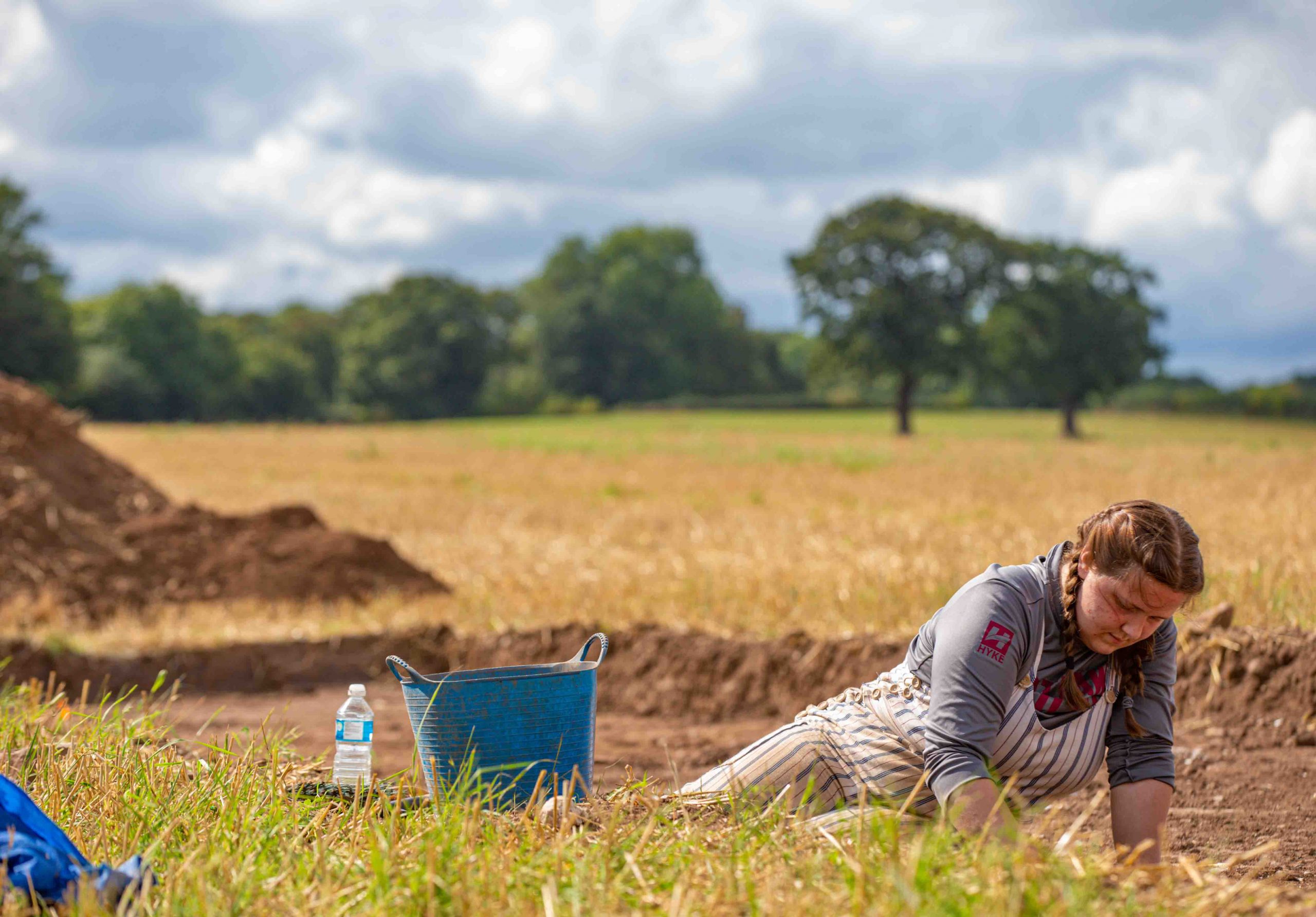An Open Day this month offers the chance to find out more about an exciting archaeological dig uncovering the remains of the first ever Roman villa to be discovered in north-east Wales.
People are invited to the free Roman Rossett Dig Open Day, organised by Wrexham Museum and the University of Chester, on Saturday September 18.
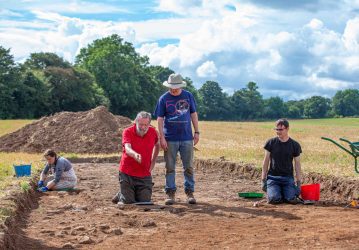
Between 10am and 4pm, visitors can see what has been discovered during the excavation at the site in Burton, Rossett, Wrexham – as well as what it reveals about the villa and the people who lived there.
The event is designed for all the family, and all ages. Visitors can tour the site, meet archaeologists and see Roman re-enactors, with a range of further fun activities especially for children to enjoy.
People are urged to make the most of the opportunity to join the discovery as the site is not open to the public at other times without consent.
The overall project is a working partnership between Wrexham Museum and the University of Chester and has the potential to alter our understanding of Roman north-east Wales and north-west England.
A three-week excavation is taking place this month (September) with a team including volunteers and University of Chester students. It follows the recent discovery, through the co-operation of local metal detectorists, of Roman material at the site; this sparked a remote sensing survey which revealed clear evidence of a buried structure.
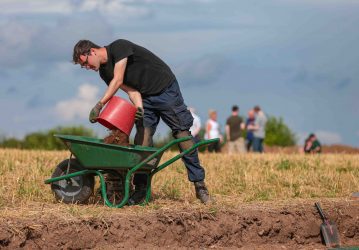
Fieldwalking at the site also yielded artefacts from the late 1st century to the early 4th century AD, suggesting that the villa was occupied for the majority of Roman rule in Britain.
The identification of a villa here would suggest that the pattern of Roman rural settlement is more typical of the rest of the Province than we previously thought. The excavation seeks to explore this, answering questions this remarkable find has raised about the character and intensity of Roman settlement in the region.
Councillor Hugh Jones, Lead Member for People at Wrexham Council and the local Member for the Rossett ward said: “Having visited the site myself, I encourage anyone with an interest in local history to take advantage of the open day. With this dig we are literally breaking new ground in our understanding of local life during the Roman period.”
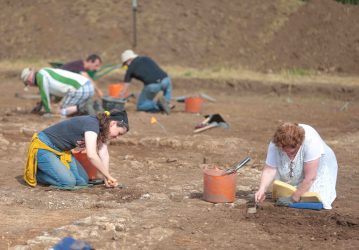
Dr Caroline Pudney, who is leading the project with Stephen Grenter of Wrexham Museum said: “Join us to gain a glimpse into the area’s Roman past and be part of this remarkable discovery which is challenging current interpretations of history.”
Senior Lecturer in Archaeology and Programme Leader for BA Archaeology at the University of Chester, Dr Pudney added: “Finds have appeared every day since the start – after only just removing the topsoil, we found walls and the artefacts we’ve uncovered include a coin, fragment of a glass bottle and pottery.
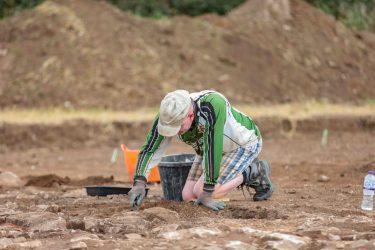
“We look forward to welcoming people to the site to see more on the 18th.”
For further details on the Open Day, and to book a free place, please visit: https://romanrossett-yrorseddrufeinig.eventbrite.co.uk.
The project has received funding from the Roman Research Trust and through the Welsh Government Rural Communities – Rural Development Programme 2014-2020, which is funded by the European Agricultural Fund for Rural Development and the Welsh Government.
To keep up to date with the dig, search for #RomanRossett and #yrOrseddRufeinig on social media.
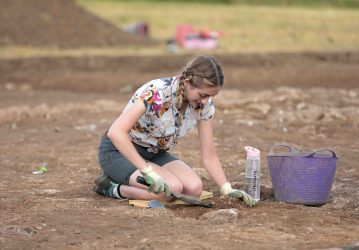
Further information
History and Archaeology at the University of Chester:
https://www1.chester.ac.uk/departments/history-and-archaeology
https://www.facebook.com/ArchaeologyChester
https://www.instagram.com/histarchchester/
Wrexham Council:
https://www.facebook.com/wrexhamcouncil
https://www.facebook.com/cyngorwrecsam
https://www.instagram.com/wrexhamcbc/
https://www.instagram.com/cbswrecsam/
Wrexham Museum:
https://www.instagram.com/wrexhammuseum/
https://www.instagram.com/amgueddfawrecsam/






